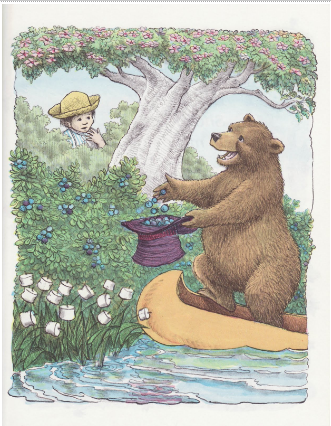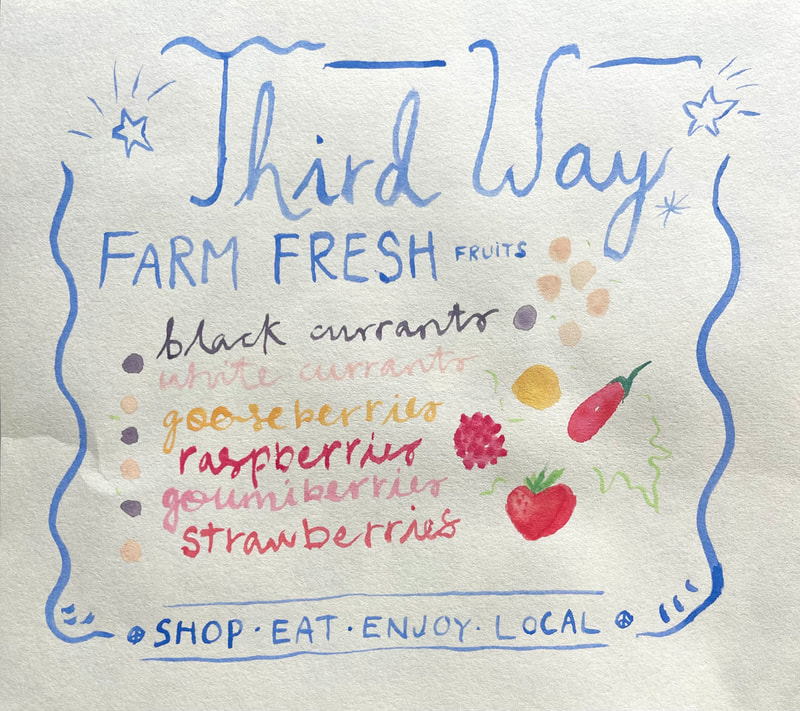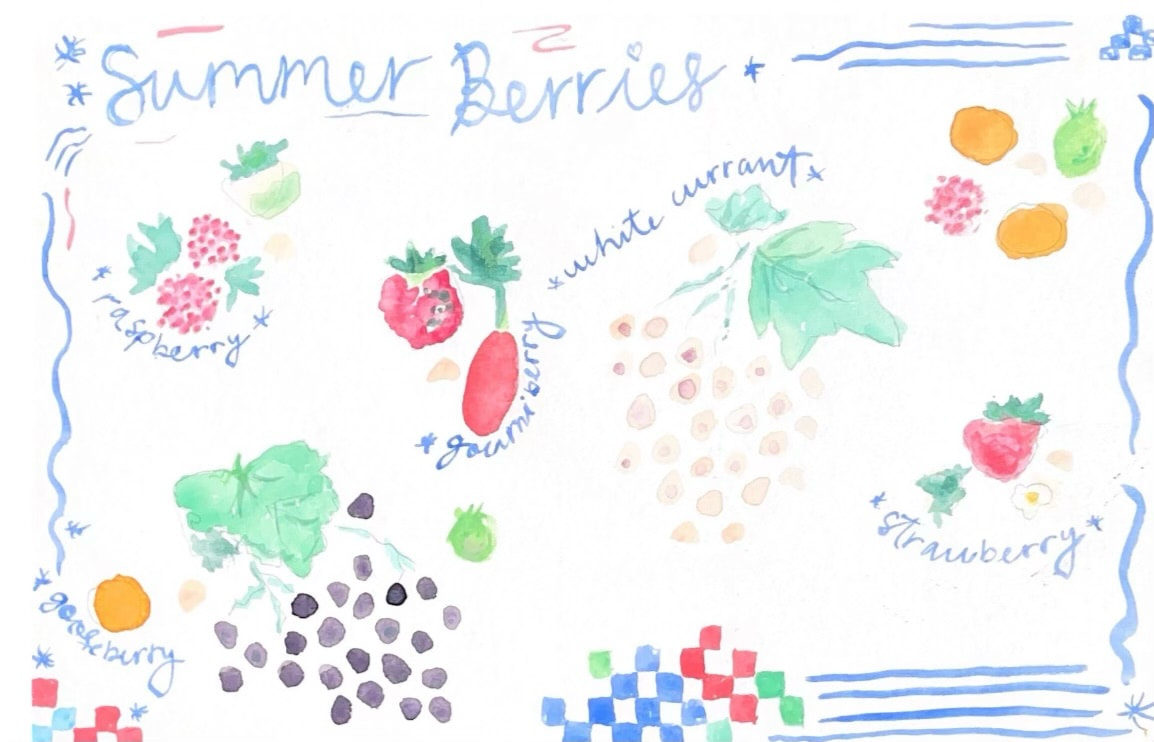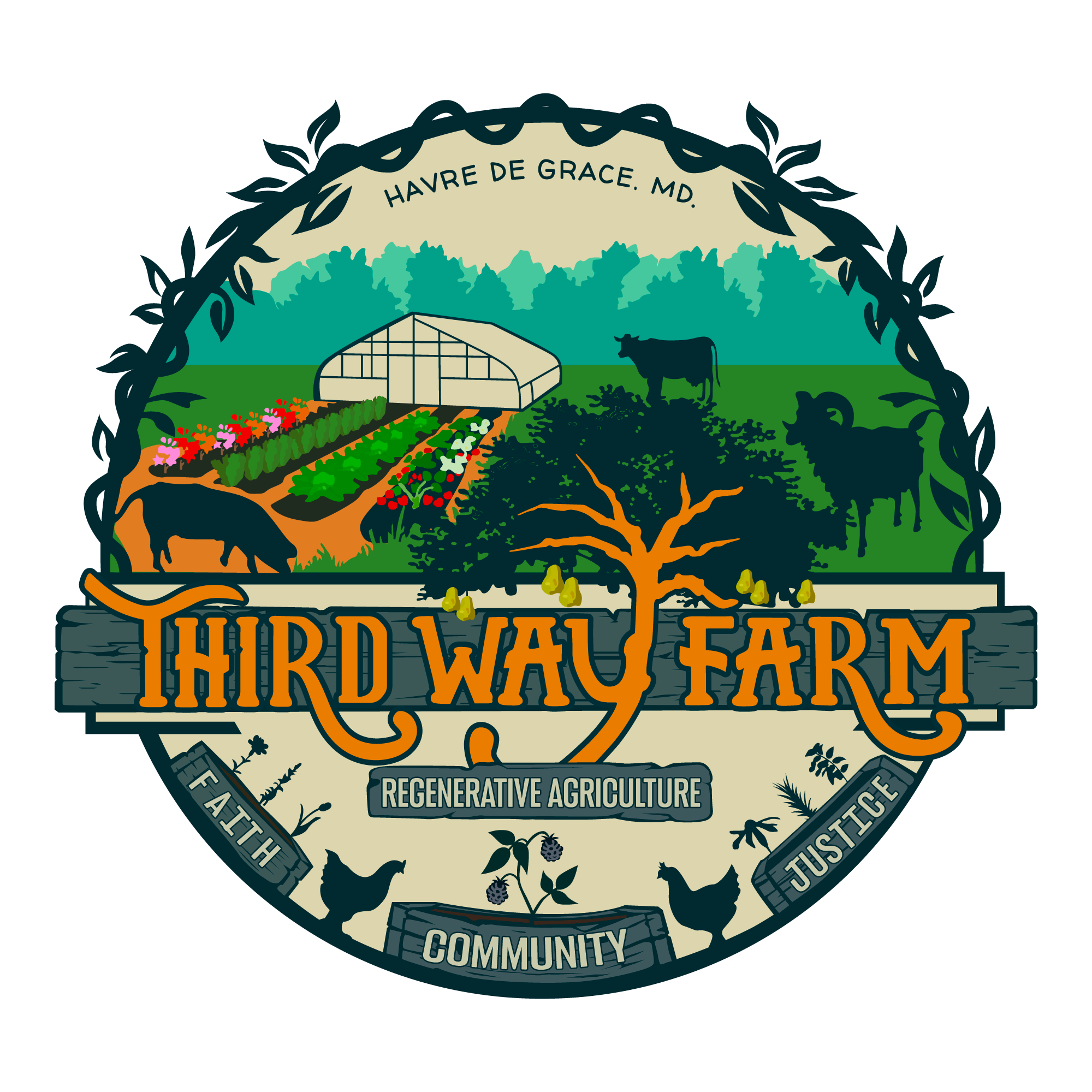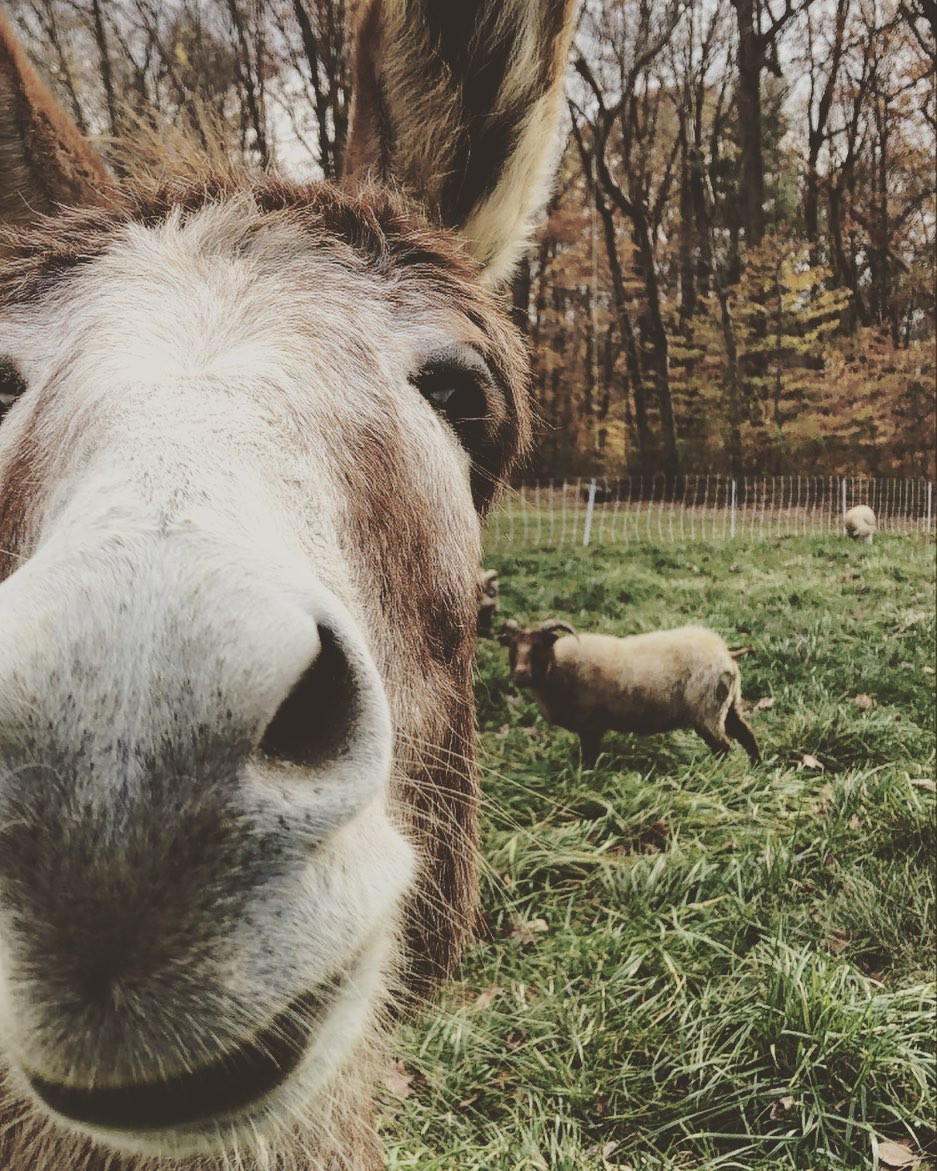Summer... is the favorite.
posted on
June 7, 2023
Summer. In the hush of winter and hopefulness of spring, memories and stories of the season to come comfort my longing for sunshine. Morning mist and dewy grass wash away the respite of winter. Harmonies of chirping of birds and hums of bugs become the soundtrack of my days. Blossoms turn to leaves, azaleas and peonies burst open. The bees come back around. I smell bonfires and hear the familiar echoes of laughter on the porch. Memorial Day weekend marks the unofficial start to summer, school is out and the pool opens up again. Farmers markets are back in full swing. My freckles come out from hiding, but suntan lotion is in the air. Burgers on the grill served with that beloved blue and red berry medley, cool whip on top if we are lucky. Towels laid oceanside littered with strawberry stems and sand. Tomato sandwiches and salad, everyday. Summer is the favorite.
June 21st stamps the northern hemisphere with the summer solstice, the longest day of the year. I love the Midsummer traditions celebrated in Scandinavia, honoring the season of abundance and fertility with dancing, bonfires, flower crowns, and feasting. Summer is an occasion to celebrate with loved ones. At Third Way Farm, we have a big community dinner every week, potluck style. I love coming together with everyone over the fortunes of farm fare that we all had a hand in getting off the ground. Feasts celebrating such should be more often.
While summer is often a period of recess and holiday for most, farmers are only getting started. All the work from last season to present, comes to fruition in summer. With sunshine ahead and summer rain storms in tow, the fields erupt overnight. Crop beds turn to rainbow seas of green, purples, pink, yellow, red, and blue. Riches of growth and life are evident in the abundance of beautiful vegetables, flowers, and fruit. Yes, fruit.
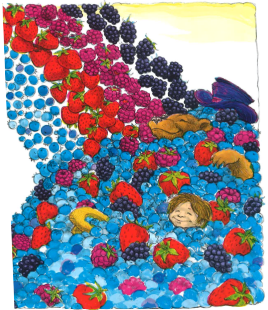 | Jamberry, by Bruce Degen was and is one of my favorite books from my childhood. A quick poem that chronicles the berry adventures of a little boy and a bear: Strawberry ponies Strawberry lambs Dancing in meadows Of strawberry jam. |
My mom always reminds me of her summers picking blueberries and the buttermilk pancakes her grandfather would make with them. And her bus driver, who also had a small you-pick strawberry farm. Few sounds compare to the satisfaction of the pop that comes from picking a strawberry of the plant. Few smells compare to that of a blue cardboard quart overflowing with berries. Few feelings compare to being sticky and red from the juiciest fruits. All year, we wait for the berries to come -- strawberries are the catalyst of the plenty to come. Raspberries, perfect for eating after capping them on your fingertips. White and black currants host a jelly-like tartness in their small fruits. Gooseberries are a sibling to currants, having a similar tartness. Goumi berries too are juicy and tart, akin to rhubarb and perfect for jam.
Seasonality of fresh food has been washed away from our culture. All year, grocery stores are stacked with plastic crates of produce unblemished and fluorescent. Strawberries bigger than a golf ball in January, tomatoes soaked in pesticides. I recall eating berries so sour that only snowcaps of sugar would make them halfway sweet. This is not to say that there are not people growing these crops organically and mindfully out of season (hydroponic and greenhouse growers are rockstars). We remember the seasons outside the home, but forget to honor seasons of food in the kitchen. In a convenience oriented world, we forget to practice patience in so many ways. My heart explodes when I visit the farmers market and I see the community come together to support local farmers and artisans. Farmers dream of the days when everyone shops and eats locally.
As long as the earth endures seedtime and harvest,
cold and heat, summer and winter, day and night will never cease.
